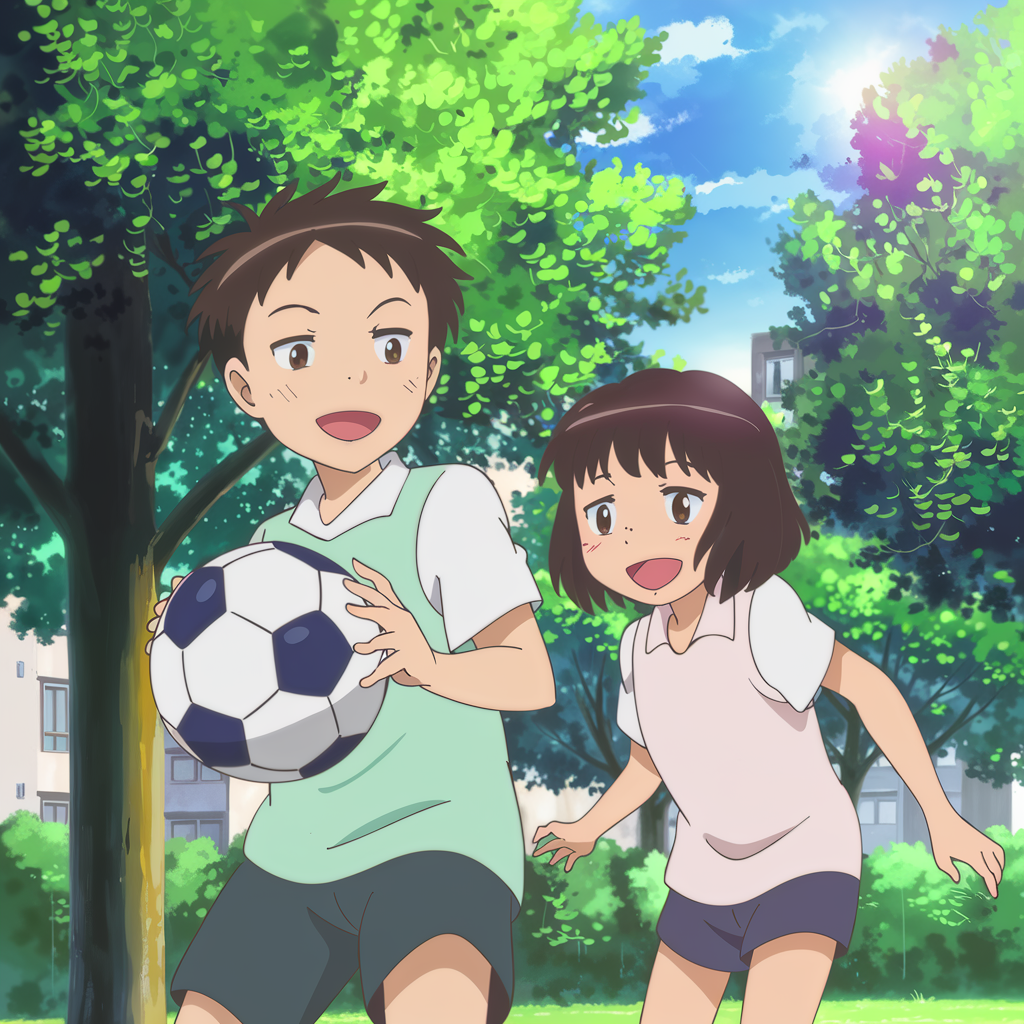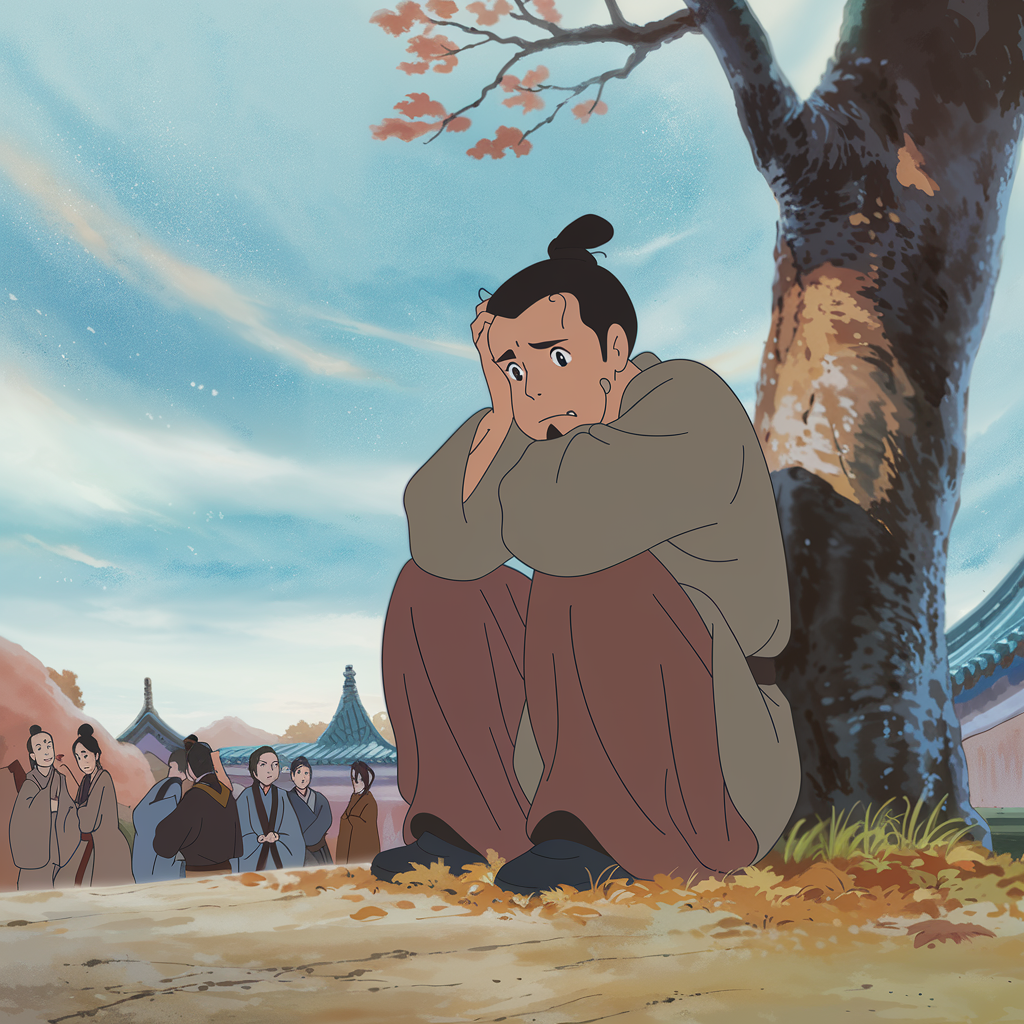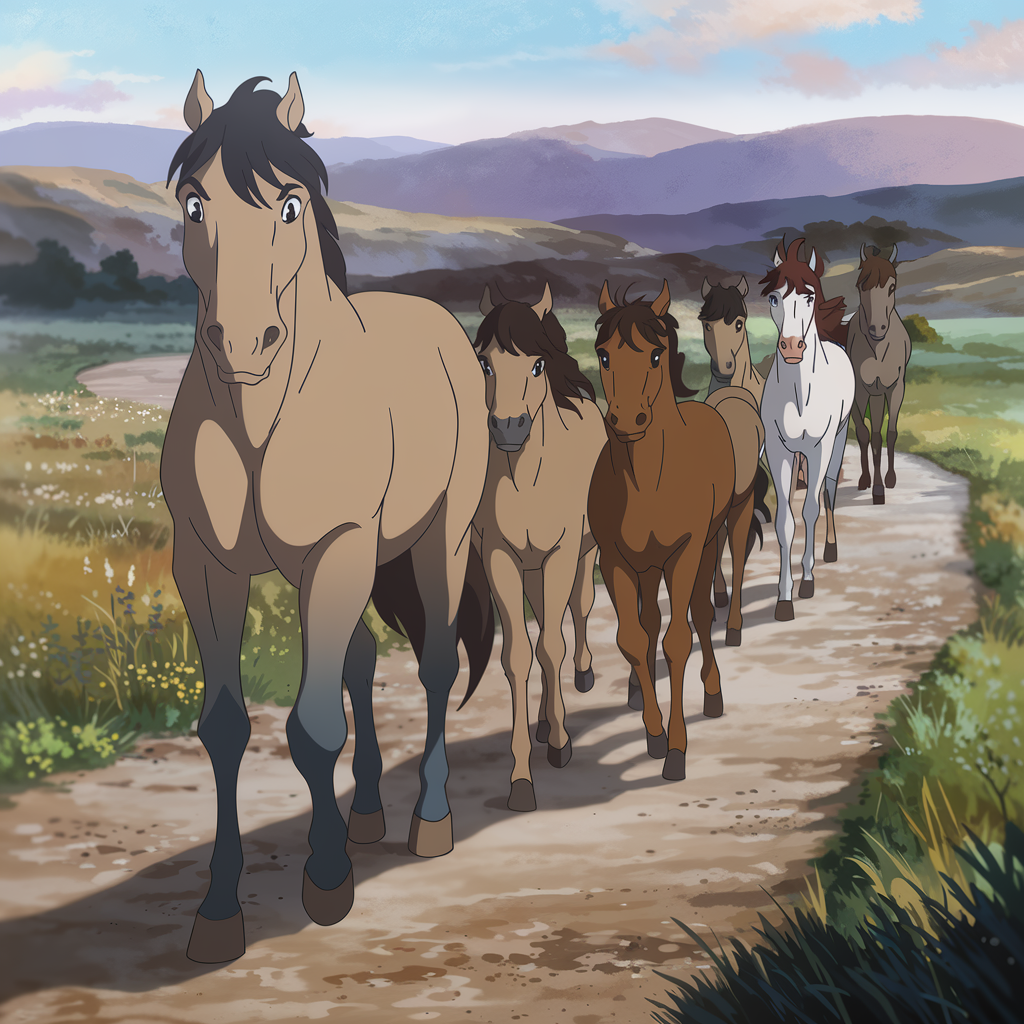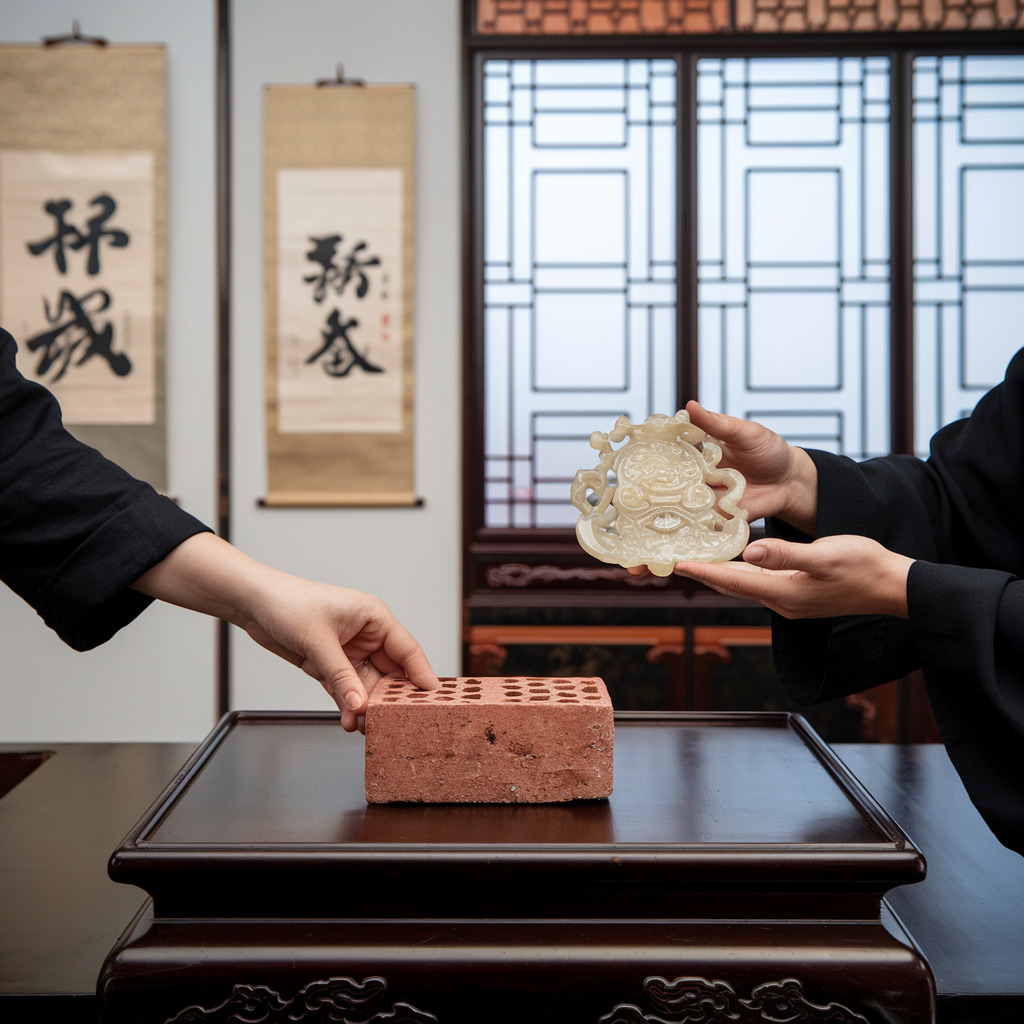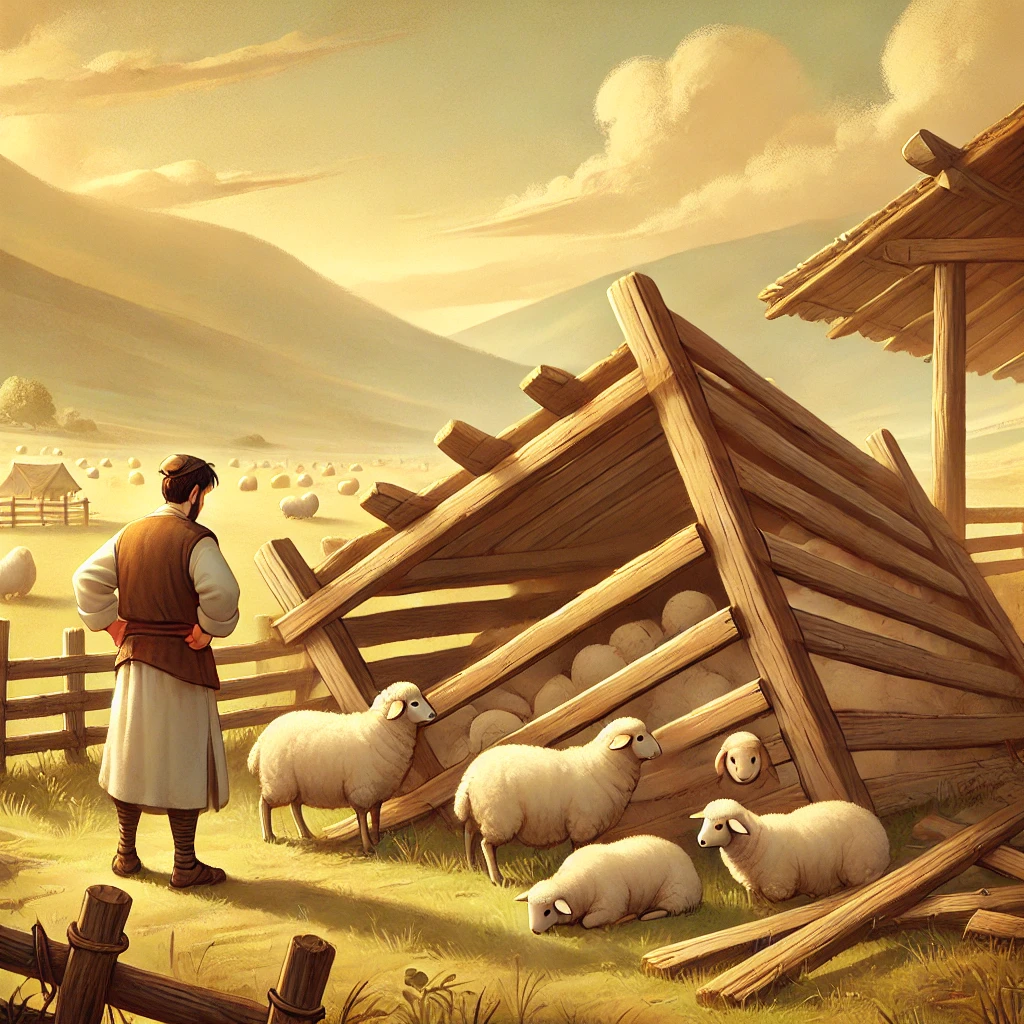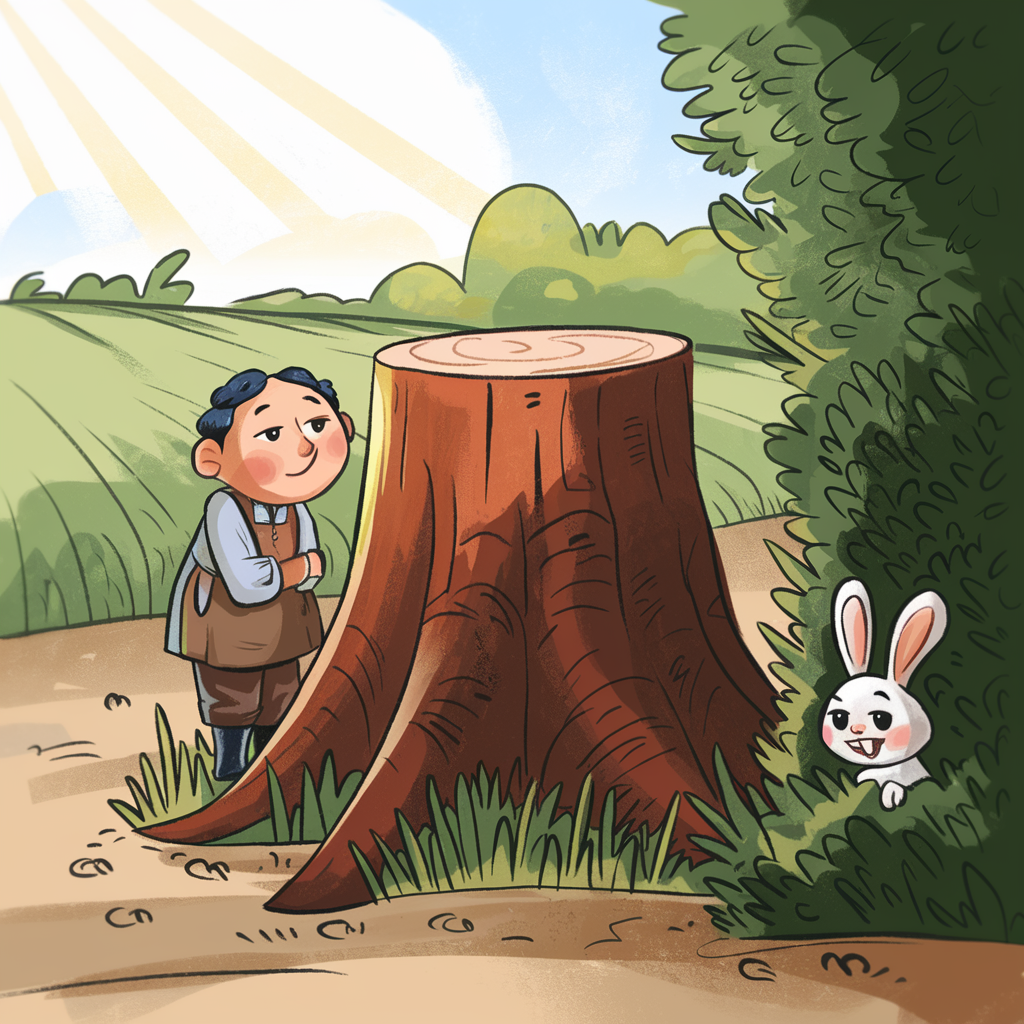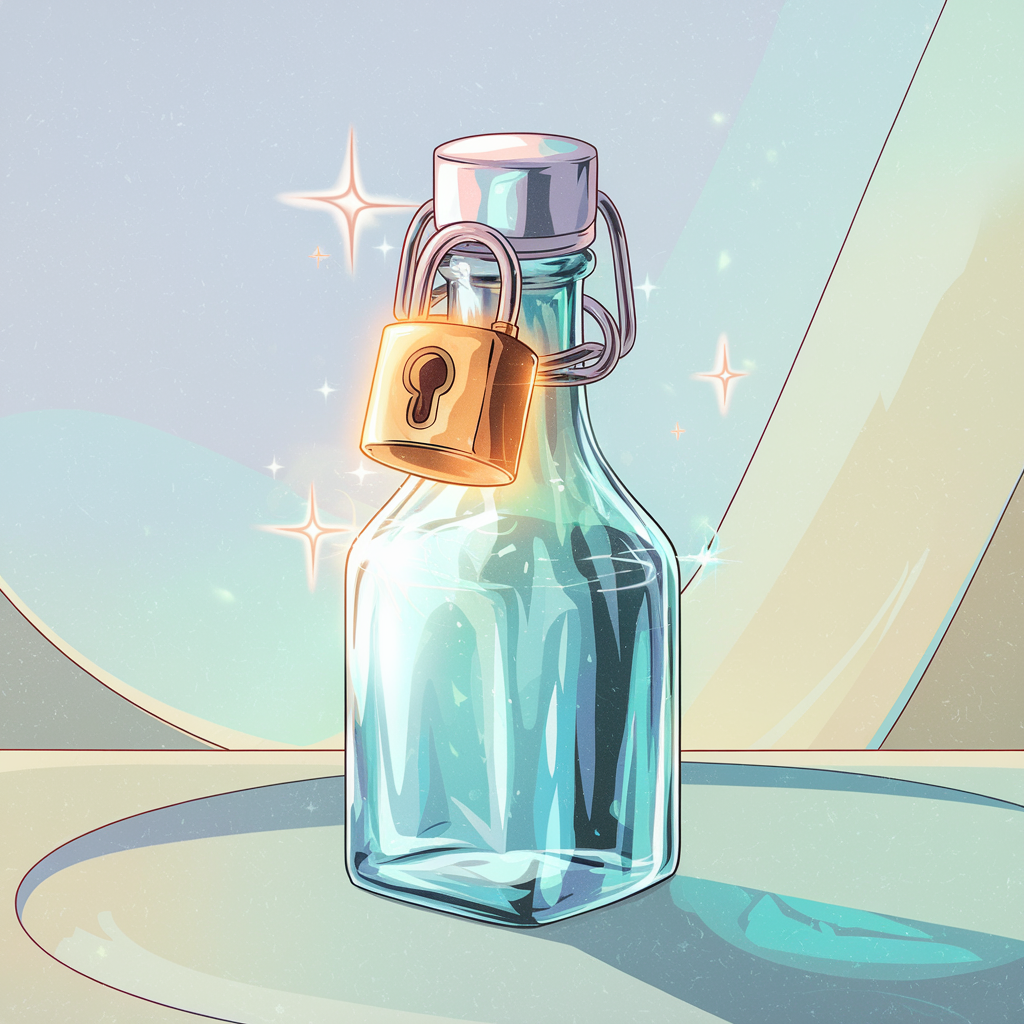What Does the Chinese Idiom (ChengYu) “青梅竹馬” Qīngméizhúmǎ Mean?
When I hear 青梅竹馬, I think of my friends Wei-Lun and Yu-Ting. They’ve known each other since kindergarten, spending afternoons riding their bikes around the block and sharing snacks at cram school. As they grew up, they joined the same sports teams, did school projects together, and supported each other through all the ups and downs […]
What Does the Chinese Idiom (ChengYu) “青梅竹馬” Qīngméizhúmǎ Mean? Read More »

